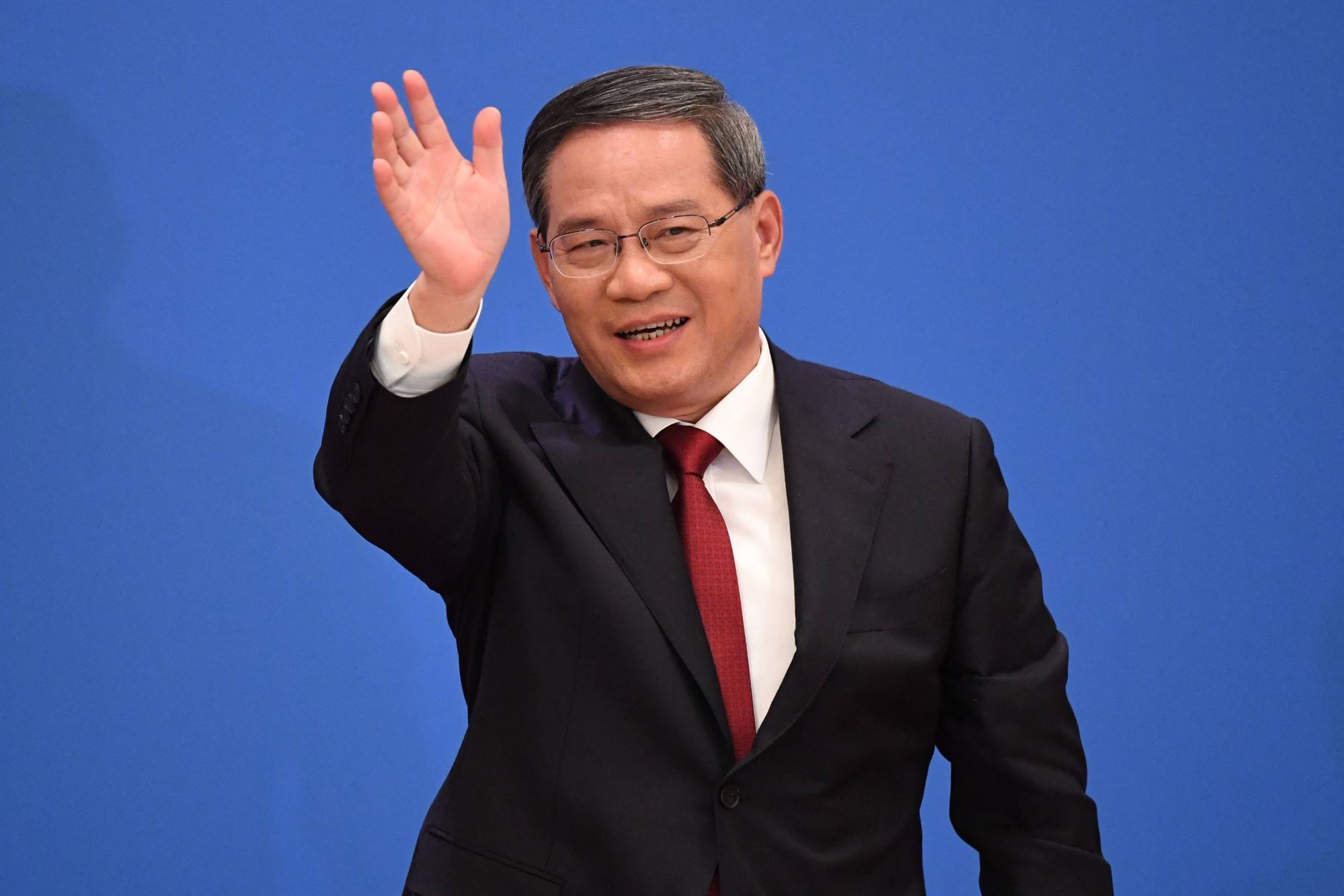China is seeking to cut logistics costs to boost domestic consumption and offshore competitiveness as it confronts a series of economic headwinds.
“There need to be more efforts to optimise freight transport, promote the digital, smart and green development of the logistics sector, and substantially lower logistics costs,” Li said, according to state broadcaster CCTV.
Last year shipments dropped by 4.6 per cent due to weak external demand, following seven years of export growth.
Exports have been helped by a 2.1 per cent fall in the yuan against the US dollar since the start of this year, although Beijing rejects suggestions it artificially lowered its currency to make its products cheaper and has vowed to stabilise the yuan.
Added to the mix are American accusations that China is flooding the market with subsidised EVs, the uncertainties surrounding the US elections in November and Washington’s investigation into China’s maritime, logistics and shipbuilding sectors.
Li’s call to lower transport costs echoes commitments made at the Communist Party’s central economic work conference in December and a government report released in March.

According to the China Logistics Information Centre, every 100 yuan in GDP created in China’s economy last year incurred 14.4 yuan in logistics costs, a 0.3 yuan drop on the previous year’s figure.
In contrast, the US logistics cost per unit of GDP was 9.1 per cent in 2022 – a record high. Meanwhile, India has a rate of 14-18 per cent, which it has vowed to cut to 8 per cent by 2030.
The Ministry of Transport has long stressed the need for China to shift from its dependency on road freight to rail and sea transport. Following the release of March’s government report it promised to accelerate the building of “smart” and “green” logistics systems.
“While there has been progress on diversifying logistics routes in the past two years, we are still lagging greatly behind on basic infrastructure,” Liu Yuhang, from the China Logistics Information Centre, told CCTV that month.
“For example, connections to rail and seaports are not efficient, creating a lot of unnecessary expense.”
The push to bring down transport costs is part of China’s ambitions to create a “unified market”, a buzzword that refers to the seamless exchange of production forces, including labour, commodities, capital and data.
The thinking behind the strategy is that creating a more efficient and bigger domestic market will help insulate the economy from geopolitical challenges.
The State Council meeting at the weekend also called for the further digital transformation of the manufacturing sector and more support for the digital transformation of small and medium-sized enterprises.
It also underlined the importance of crop insurance for farmers and of creating a level playing field to encourage fair competition.







